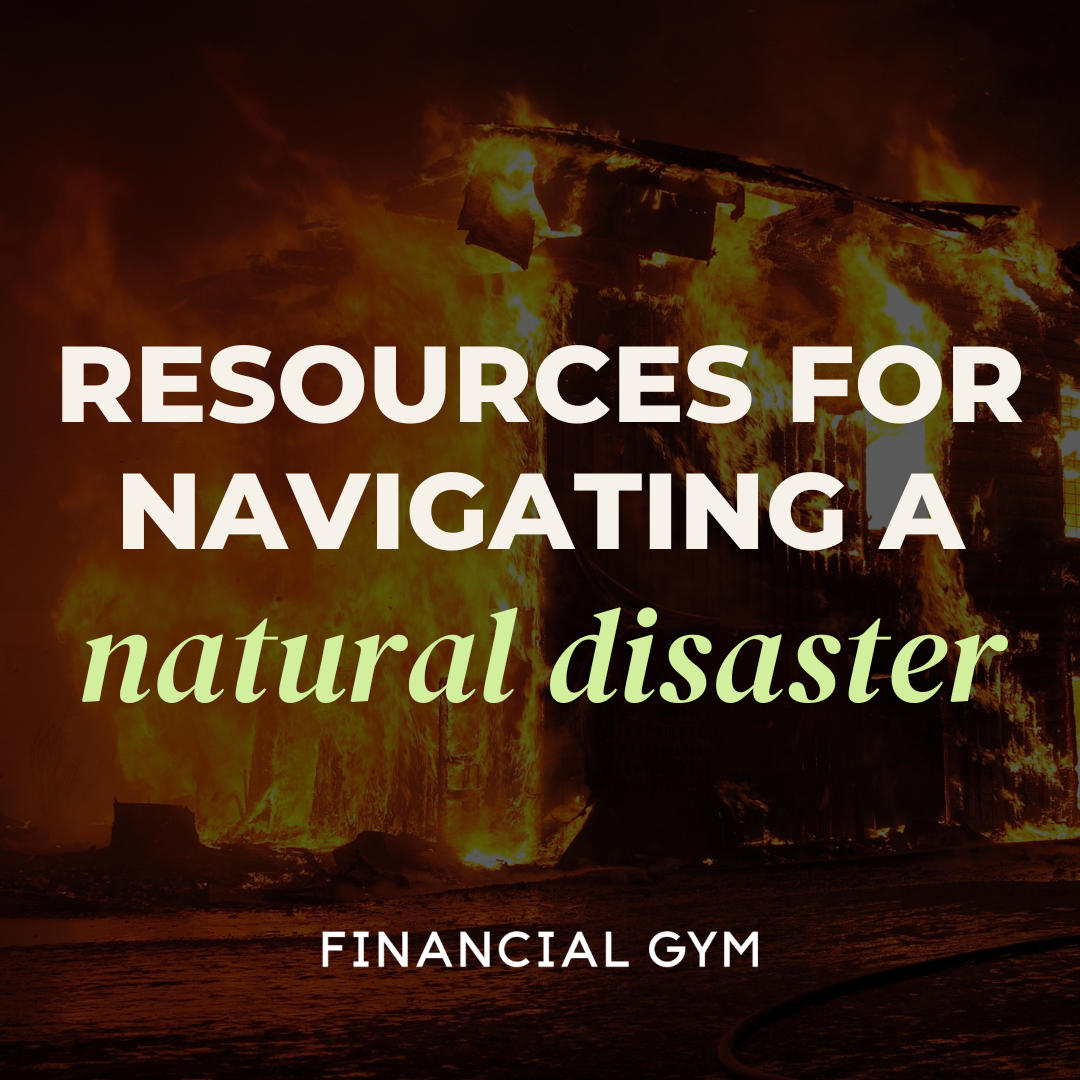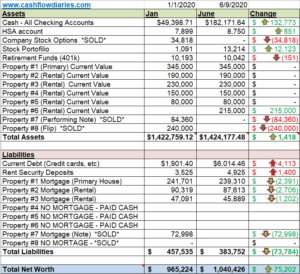
When disaster strikes, the path forward can seem overwhelming. Whether you’re facing the aftermath of the California wildfires or recovering from record flooding, knowing where to turn for help is crucial in those first difficult days and weeks.
This comprehensive guide brings together the most important resources to help you and your loved ones recover and rebuild. From immediate shelter assistance and financial relief to navigating insurance claims and accessing government support, we’ve organized critical information to help you take action when you need it most.
Remember: Recovery is a marathon, not a sprint. As you work through these resources, take things one step at a time, reach out for help when needed, and know that communities can and do rebuild after even the most devastating disasters.
Last updated: March 2025
Disaster Recovery
-
DisasterAssistance.gov: This is an official U.S. government website that provides crucial assistance and information for disaster survivors.
-
The website offers several benefits like:
-
Access to the Transitional Sheltering Assistance (TSA) program, such as temporary hotel accommodations.
-
Direct connection to FEMA (Federal Emergency Management Agency) resources and helplines for various types of disaster-related support
-
Visiting www.DisasterAssistance.gov allows victims quick access to a centralized hub of official resources, programs, and contact information to help with navigating the recovery process.
-
Disaster Recover Centers: Filing paperwork can be overwhelming, especially after you’ve suffered a loss. Visiting a disaster recovery center will provide help with federal aid applications, housing and rental support, and access to other resources from state, local, and non-profit agencies.
Financial Health
-
Call your creditors: Call all of your creditors including home, car, credit cards, student loans, etc., and explain that you are a victim of a natural disaster. They may be able to pause or delay your monthly payments while you navigate figuring out your immediate needs.
-
GoFundMe: If you set up a GoFundMe, be aware that by law, FEMA cannot duplicate benefits you receive from another source. Make the language general about your story and what happened without explicitly asking for money to rebuild.
Homeowners & Renters
-
Contact your home or renters insurance company: Initiate a claim with your insurance company as soon as you can to have the damage assessed.
-
Renters, reach out to your landlord: Depending on the damage and terms of your lease, you may be eligible for rent abatement or to terminate your lease.
-
Contact your mortgage servicer: In the event of a natural disaster, your mortgage servicer may allow you to pause payments for up to 12 months. You must contact your servicer to request forbearance.
-
U.S. Small Business Administration (SBA): The SBA offers low-interest loans Home Disaster Loans to homeowners and renters to replace or repair their personal property that was damaged in a disaster. These loans cover losses that were not fully covered by insurance.
Taxes
Food
-
Local food banks: If you’re experiencing food insecurity due to a natural disaster, seek assistance from your local food bank.




